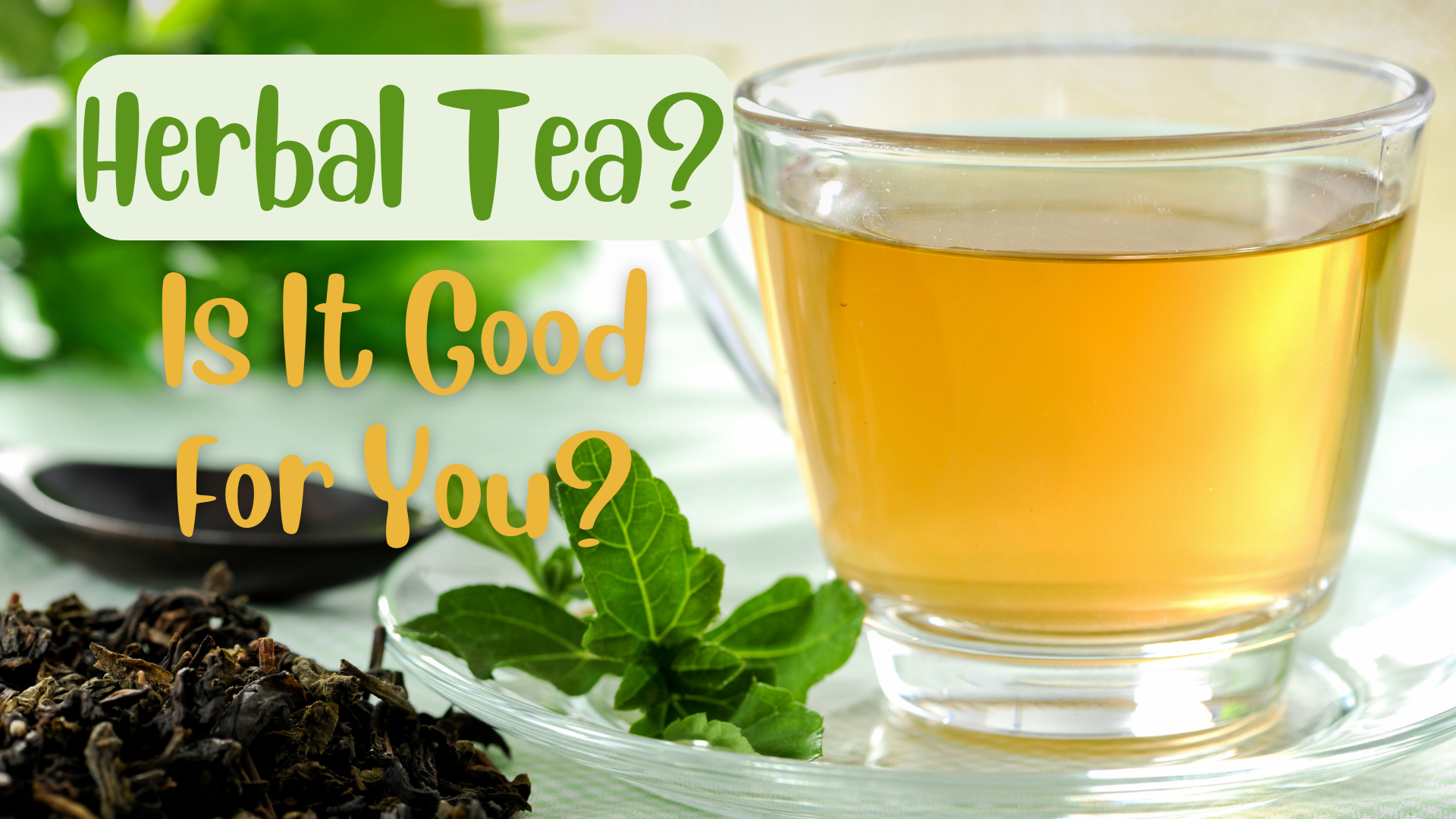Herbal tea has many benefits, but is it good for you? Some say that herbal tea can help with everything from weight loss to improving your mood. However, there is not much scientific evidence to support these claims.
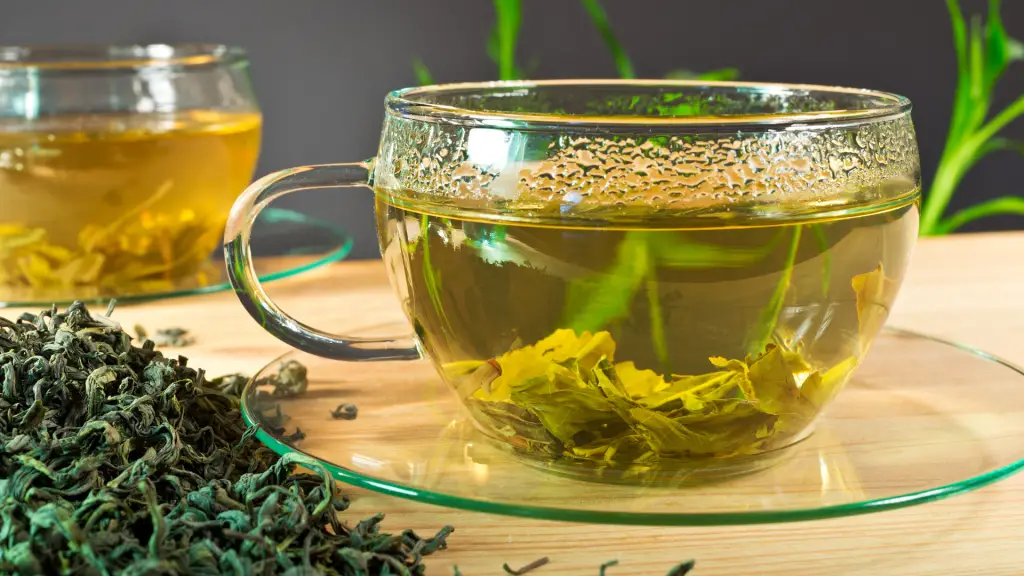
Herbal tea is made from plants’ leaves, flowers, and fruits. It does not contain caffeine like black and green tea. Because of this, some people believe that it is a healthier choice. Herbal teas have been used for centuries in traditional medicine.
There are many different types of herbal tea, each with its unique flavor and purported health benefits. Some of the most popular herbs used in herbal tea include chamomile, lavender, mint, and hibiscus.
So, what do the experts say?
Herbal Tea Benefits:
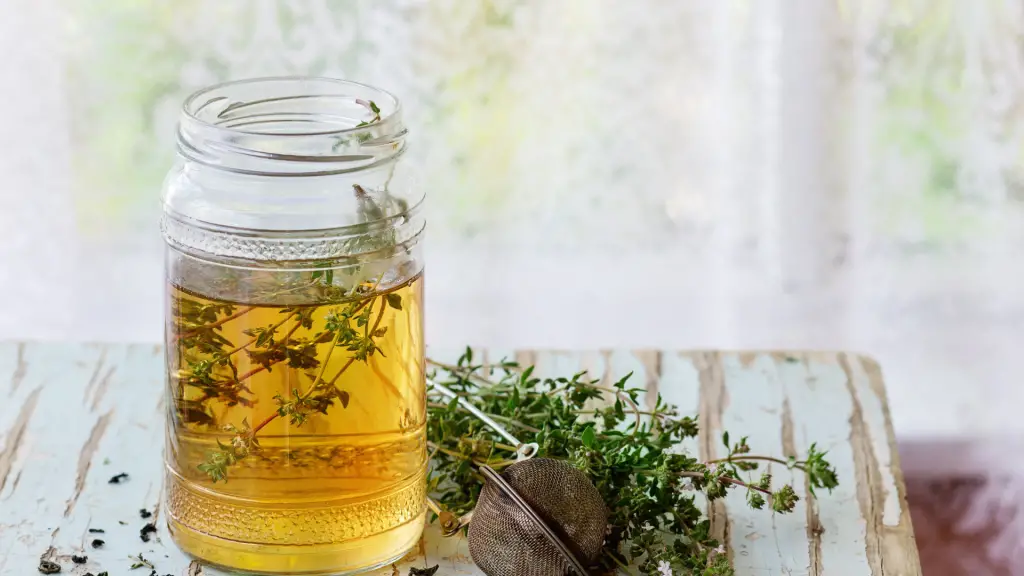
Herbal tea has been around for centuries and is made from the leaves, flowers, seeds, or bark of plants. They are usually caffeine-free and are very low in calories. Herbal teas have a variety of health benefits, including:
Boosting the immune system: Herbal teas like echinacea and ginger tea can help to fight off colds and flu.
Aiding in digestion: Teas like peppermint and chamomile can help to relieve indigestion, bloating, and nausea.
Reducing stress: Teas like lavender and lemon balm can help to relax the mind and body and reduce stress levels.
There are many different types of herbal teas available on the market today.
Herbal Tea Drawbacks:
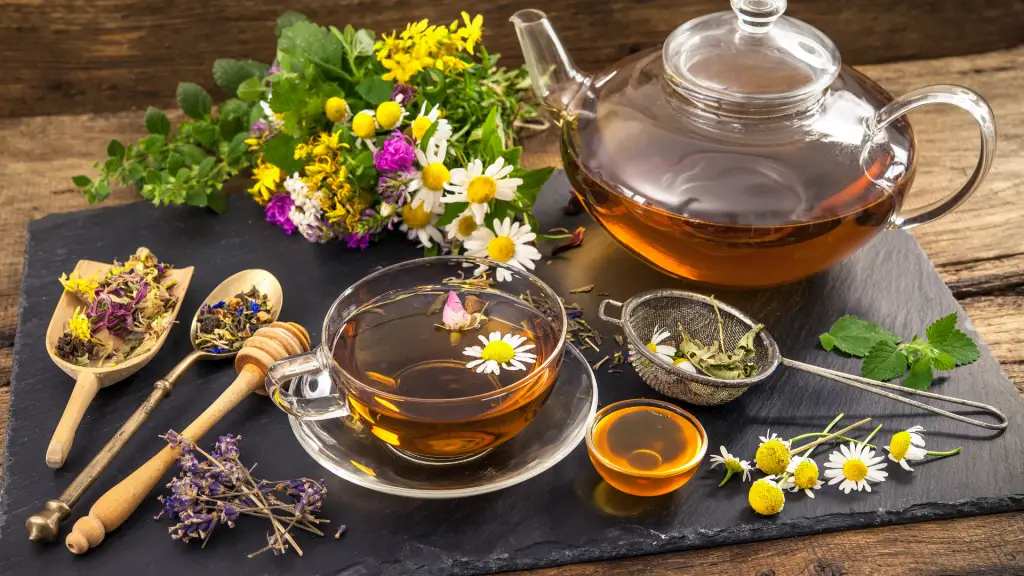
Herbal teas offer myriad health benefits, including improved digestion, blood circulation, and enhanced immunity. However, there are also some risks associated with drinking herbal tea.
One of the most common risks is that herbal teas can interact with medications. For example, peppermint tea can interfere with iron absorption and reduce the effectiveness of certain medications.
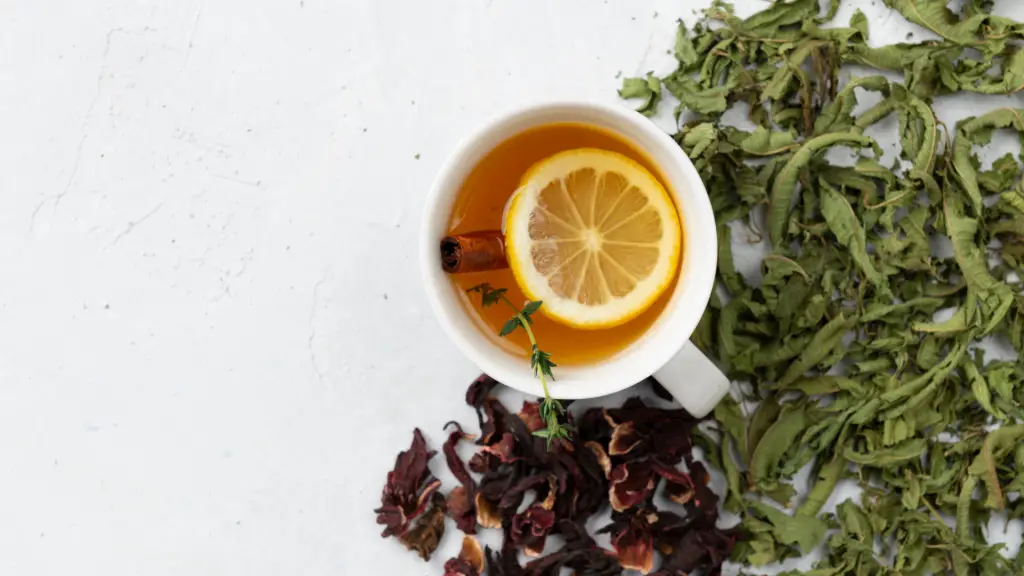
Other herbs, such as chamomile and lavender, can cause drowsiness and interact with sedatives. Talking to your doctor before drinking herbal tea if you take any medications is essential.
Another risk is that some herbs can contain toxins. For example, comfrey tea was found to contain liver-damaging pyrrolizidine alkaloids. Herbal teas should be brewed properly and only consumed in moderation to minimize the risk of toxicity.
Herbal Tea During Pregnancy:
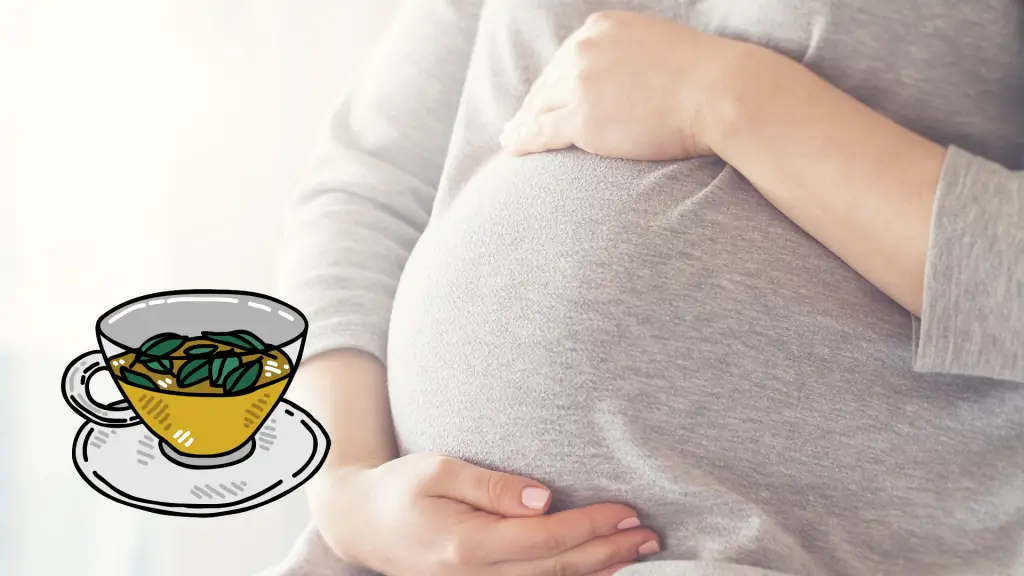
Herbal tea is widely considered to be safe during pregnancy. However, some herbal teas may not be appropriate for pregnant women due to their potential effects on the developing fetus.
Herbal teas that contain caffeine or other stimulants should be avoided, as these can increase the risk of miscarriage.
Herbal teas high in vitamin C should also be avoided, as they can lead to dehydration and constipation. Some herbal teas may also interact with pregnant women’s medications, so it is essential to speak with a healthcare provider before consuming any herbal tea.
Herbal Tea During Breastfeeding:
Many new mothers worry about what they can and cannot eat or drink while breastfeeding. Herbal teas are a common concern, as some herbs can harm the mother and baby.
However, many herbal teas are safe to drink while breastfeeding. Chamomile, fennel, ginger, and lavender tea are all excellent choices. These teas can help to soothe the baby, increase milk production, and ease colic symptoms.
Mothers should avoid drinking tea containing hibiscus, sage, or peppermint, as these herbs can decrease milk production. Limiting caffeine intake from all sources, including tea, is also essential. Too much caffeine can cause irritability and sleeplessness in both the mother and baby.
Conclusion:
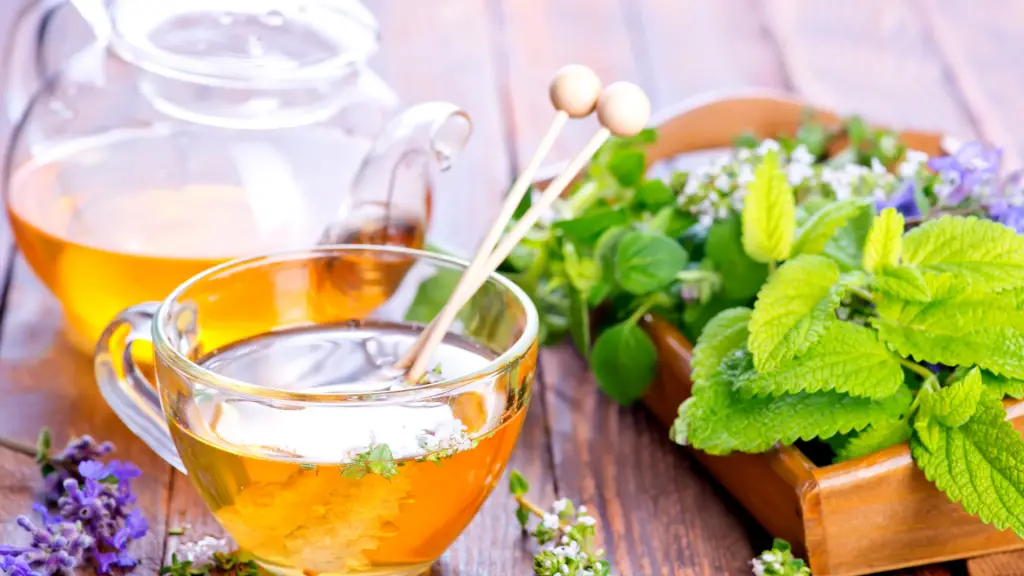
Herbal tea has been around for centuries and is famous for its many purported health benefits. While there is some evidence to support these claims, there is also much misinformation about herbal tea. So, what’s the verdict? Is herbal tea good or bad for you?
The bottom line is that herbal tea can be both good and bad for you, depending on the ingredients and preparation. Some herbal teas may contain harmful substances like lead or mercury, so it’s essential to do your research before consuming them.
Additionally, many of the purported health benefits of herbal tea have not been backed by scientific evidence. So, while drinking herbal tea may not be harmful, it’s unlikely to provide any real health benefits.
How To Make Orange Peel Tea? (Try This 6 Ingredient Recipe!)
